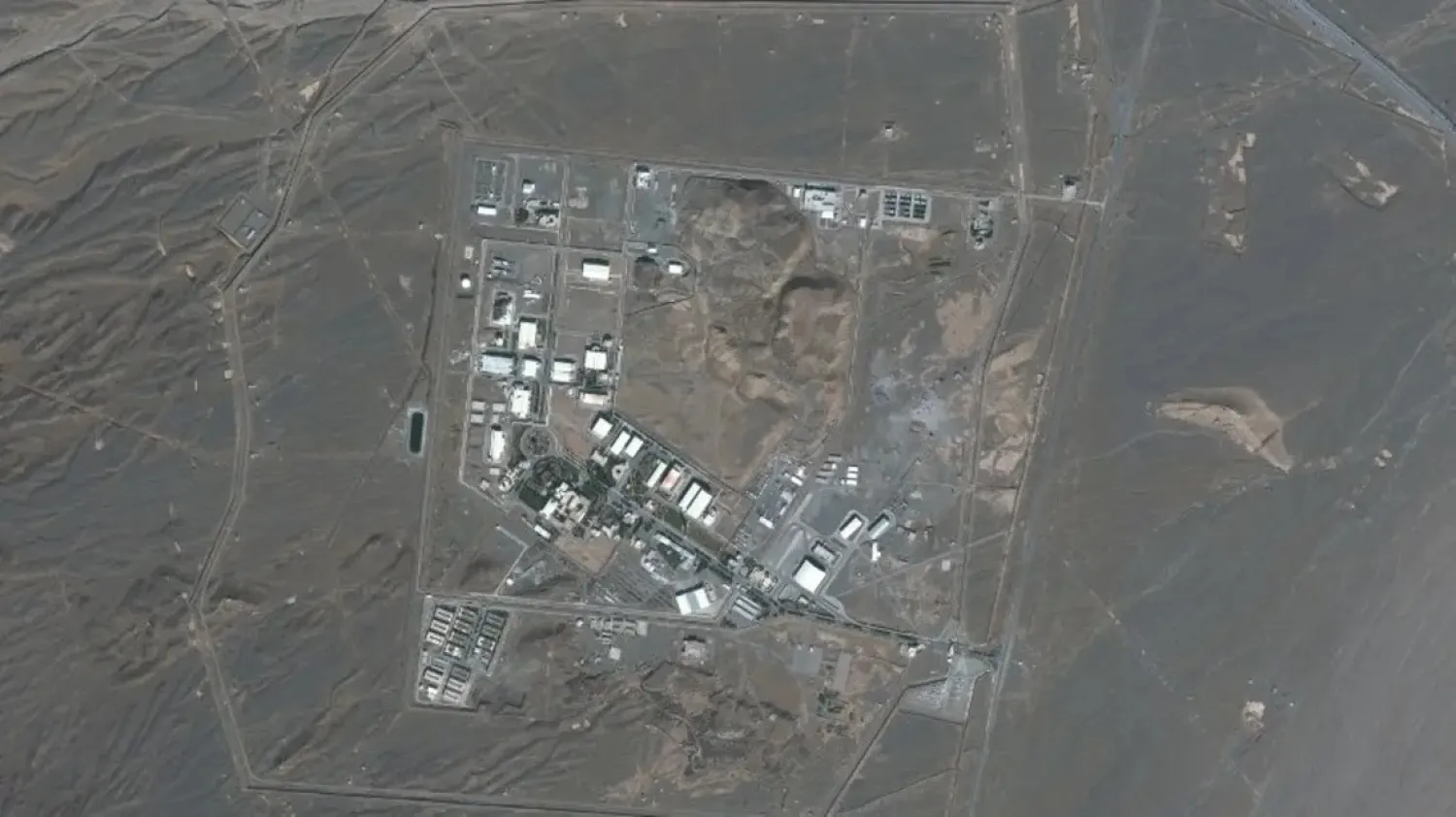Iran is working on advanced uranium centrifuges at new underground sites being built near its Natanz nuclear plant, Israel's defense minister said on Tuesday, giving figures that appeared to go beyond those published by a UN watchdog.
Centrifuges are used to purify uranium for civilian projects or, at higher levels, to make bomb fuel. Iranian progress in the field is being watched by world powers trying to resurrect a nuclear deal with Tehran, which denies having military designs.
"Iran is making an effort to complete the manufacturing and installation of 1,000 additional advanced IR6 centrifuges in its nuclear facilities, including new facilities being built at underground sites abutting Natanz," Defense Minister Benny Gantz said in a speech at Reichman University near Tel Aviv.
A March 3 report by the UN International Atomic Energy Agency (IAEA) said Iran had installed or planned to install a total of three IR6 cascades, amounting to around 660 machines.
IAEA chief Rafael Grossi said last month that Iran had set up a new underground Natanz workshop for making centrifuge parts, an apparent precaution against attacks.
In his remarks, Gantz alluded to Israel's long-standing threat to take military action if it deems diplomacy is at a dead end to deny its arch-enemy the means to make nuclear weapons.
"The cost of such a future war, which we hope will not happen, can be prevented or reduced" with tougher negotiations by world powers, he said.
Ram Ben-Barak, head of parliament's Foreign Affairs and Defense Committee, confirmed Israeli media reports on Tuesday that Israel's air force, as part of a scheduled one-month military exercise, would be simulating an attack on Iran.
"This exercise was planned long ago," Ben-Barak told Reshet Bet Radio. "We are preparing for the worst and hoping for the best."









